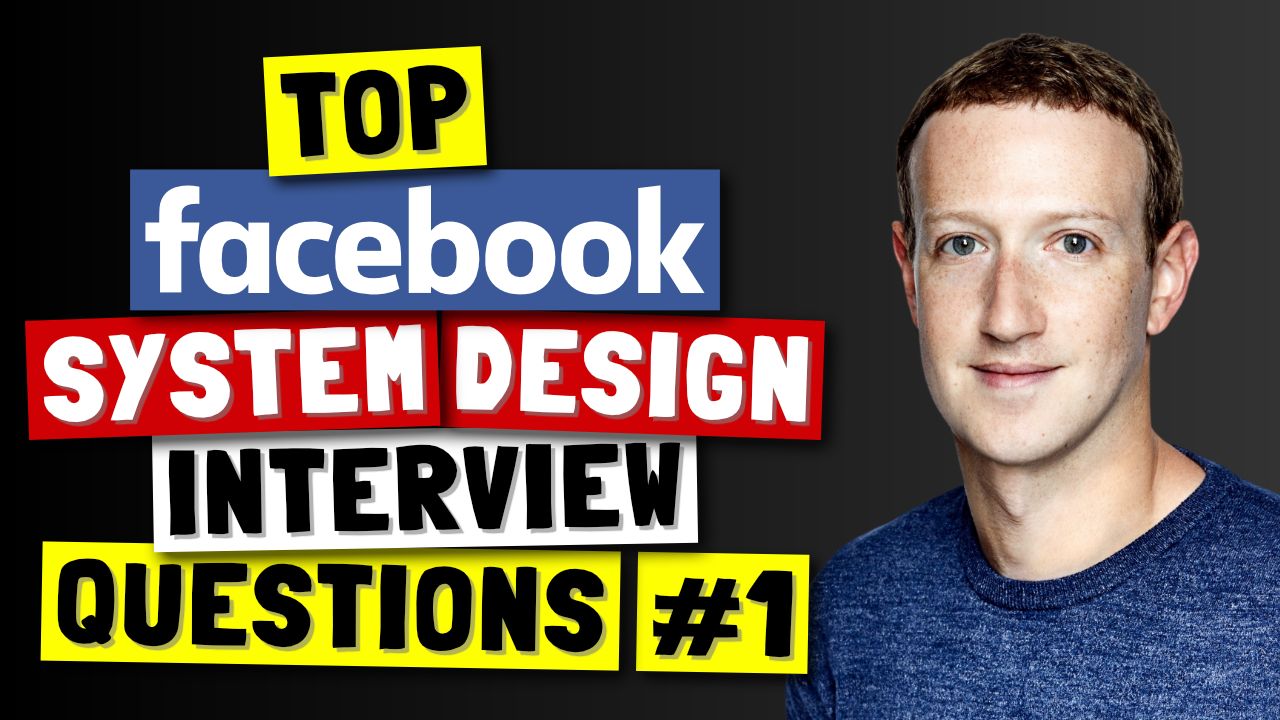‘Bean Dad’ and the internet’s need for a Main Character
John Roderick, indie musician and podcast host, had the unenviable position as perhaps our first main character on Twitter of 2020. You’d be forgiven if you didn’t know who that was, at least without me telling you that Roderick is better known (at least for now) as “Bean Dad.”
In case you missed it: On Jan. 2, Roderick posted a lengthy, almost certainly exaggerated story of teaching his daughter a lesson in perseverance by making her figure out how to use a can opener in order to eat some beans. Roderick has since deactivated his Twitter, but Mashable’s Matt Binder does a good job here walking through the story of the apparent six-hour saga with Roderick’s nine-year-old daughter. Let’s just say it was a 23-tweet thread full of a frustrated child confounded by a can opener and a dad refusing to just…show her how to use it.
People rushed in with criticism, mocking Roderick. Many even pointed out that this reminded them of abuses they suffered as children. Soon enough, it was clear Bean Dad was the main character of the day.
just in case anyone is wondering what this whole “bean dad” this is about, here’s the context (i screenshotted it before the acc/tweets were deleted) pic.twitter.com/8kiAFYheCb
— Tsusifec (@Tsusifec) January 4, 2021
Each day on twitter there is one main character. The goal is to never be it
— maple cocaine (@maplecocaine) January 3, 2019
The whole internet loves Milkshake Duck, a lovely duck that drinks milkshakes! *5 seconds later* We regret to inform you the duck is racist
— Pixelated Boat (@pixelatedboat) June 12, 2016
Then came a version of the Milkshake Duck phenomenon, where virality quickly leads to a person’s unseemly past being uncovered. People unsurfaced old tweets from Roderick rife with slurs, antisemitism, and apparent attempts to make joking references to sexual assault. In general, it seemed like edgelord-ish posting from some of Twitter’s earlier days.
When the thread first went viral, Roderick took it all jokingly. Ken Jennings of Jeopardy! fame, who also co-hosts a podcast with Roderick, joked along as well. But as things progressed Roderick retreated and eventually apologized on Tuesday. The lengthy apology, posted to Roderick’s website, was blunt.
It read, in part:
“What I didn’t understand when posting that story, was that a lot of the language I used reminded people very viscerally of abuse they’d experienced at the hand of a parent. The idea that I would withhold food from her, or force her to solve a puzzle while she cried, or bind her to the task for hours without a break all were images of child abuse that affected many people very deeply. Rereading my story, I can see what I’d done.
I was ignorant, insensitive to the message that my ‘pedant dad’ comedic persona was indistinguishable from how abusive dads act, talk and think.”
Then he addressed the hate speech-filled tweets. The general explanation was that the posts were bad attempts to mock bad people.
As for the many racist, anti-Semitic, hurtful and slur-filled tweets from my early days on Twitter I can say only this: all of those tweets were intended to be ironic, sarcastic. I thought then that being an ally meant taking the slurs of the oppressors and flipping them to mock racism, sexism, homophobia, and bigotry. I am humiliated by my incredibly insensitive use of the language of sexual assault in casual banter.
Roderick added he’d be taking a hiatus from public life to “let some of these lessons sink in.” Mashable reached out to Roderick for comment, but has not yet received a response.
Bean Dad’s swift travel through a bad viral cycle — from jokes, to people asking WTF is up with him?, to digging up his old posts, to retreat from public view — is indicative of how the sausage is made online these days. We can hardly remember the latest political scandal — they move so damn fast — and we churn through main characters like a Hummer chugs gasoline. There hardly feels like any broad community online beyond the weird thing we’re going to suffocate with attention that day.
To be clear, I’m not apologizing or defending Roderick here. Dude is 52 years old and should’ve had a better idea of what he was posting in his bean tweets. And that means he was in his 40s when he was pushing out his tweets with antisemitism and slurs. Clearly he could have and should have done better.
It’s just that the pile-on cycle has shortened to such an extent that it almost occurs in an instant. It’s Tuesday. Bean Dad really took off on Sunday. Everyone for the most part will have moved on by tomorrow.
Roderick, and anyone who publicly backed him like Jennings, will force themselves underground for a bit. Because engaging is the worst thing you can do, as Roderick himself found out when he first engaged with the response to the bean thread. But does anyone really care?
I mean we all got sucked into a brief Bean Discourse — hell, myself included. But do we give actually give a shit that the guy from the band The Long Winters posted a weird parenting thread and had some awful tweets back in the day? Even if we’re mildly interested, come on, we do not care this much.
The New York Times‘ Charlie Warzel thoughtfully described these “controversies” as pseudoevents that have seemingly become a necessity for online life. These oddities have gone from just that — oddities — to kind of how we live online.
like, Twitter main character remains the best way to describe this phenomenon but increasingly it seems like ppl make order of a day around the need to collectively identify this person. idk maybe this is dumb but feels like it’s went from ‘a thing that happened’ to a need https://t.co/laabSrY2Fq
— Charlie Warzel (@cwarzel) January 4, 2021
Twitter has outsized influence because of its power users — journalists, politicians, celebrities, influencers, academics — and, in general, does a shitty job of moderating content or surfacing actually interesting trends.
Writer Ryan Broderick noted in his web culture newsletter Garbage Day that Twitter’s “trending algorithms are so completely out of whack that a total moron tweeting about beans can create the same level of discussion within your community as the .”
He added: “It means that your users are so desperate for your made up internet points that they would consider turning an extremely mundane story about using a can opener into a TWENTY-THREE tweet thread and are also so vicious and insane and bored that they would turn that thread about beans into a national scandal.”
Dumb things we don’t really care about become the thing we feel obligated to comment on. Feels about right. It’s all so stupid. It’s all so broken. But at this point, after four years of Trump and the chaos he leaves in the wake of each tweet setting the tone for each day on social media, aren’t we tired of this?
Yes, it’s habit now. We set our sights on the Main Character and post until the tsunami knocks them down. And, again, to be clear, I don’t give a shit about ~CaNcEL CuLtuRe~. It’s a dumb concept mostly employed by people who want the freedom to say awful things without consequence: How dare you be angry about the bad things I say and do!
But are we no longer capable of taking a beat and deciding NOT to pile on and take random people down? I just wonder what the hell is going on with us that this has become such a part of our online lives — and we seem to have no willingness or desire to leave it behind. The fact that it has become so laser-focused on these pseudoevents that aren’t exactly real but feel otherwise makes it feel extra sad.
Remember the New York bodega tweet person from November? Last month’s cast iron discourse? The outrage over Cazzie David’s essay on being too full for sex? The private island part? They’re all just things we powered through and discarded. And for what?
I’m going to set a reminder on my phone. January 5, 2022, I’m going to get an alert telling me, “Remember Bean Dad?” I wonder how long it’ll take me to figure it out.


